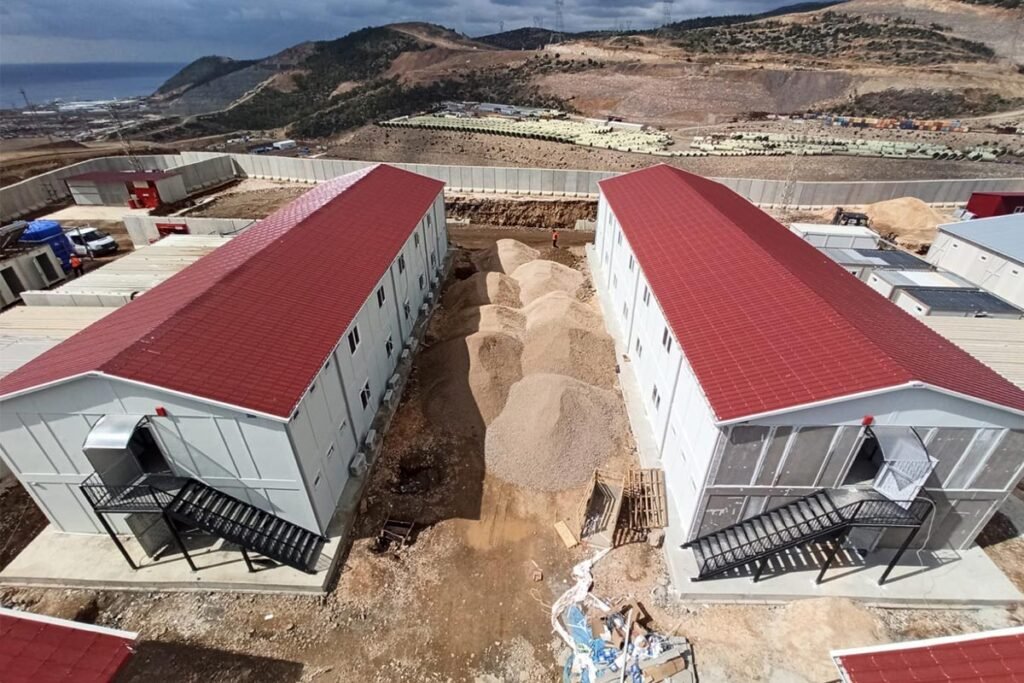Mining Jobs in Africa


FIFO (Fly-In, Fly-Out) mining jobs in Africa are a popular option for foreign professionals seeking employment in the continent’s resource-rich regions. These roles are especially common in remote and underdeveloped mining areas, where workers live at the site for extended periods and commute via air.
FIFO positions offer stable income, housing, and benefits, making them attractive for engineers, geologists, and technical staff looking to work in gold, lithium, cobalt, and copper sectors across the continent.
1. Overview of Mining Jobs in Africa with FIFO
FIFO mining jobs are a key feature of many industrial and junior mining operations in countries like South Africa, Zimbabwe, DRC, and Ghana. These roles are ideal for expatriates who want to work in high-potential mining regions without relocating permanently.
Key industries include:
- Gold – South Africa, Ghana, Mali
- Lithium – Zimbabwe, Namibia, Mali
- Cobalt & Copper – DRC, Zambia
- Platinum Group Metals (PGMs) – South Africa, Botswana
These jobs often come with competitive salaries and comprehensive benefits.
2. How FIFO Works in African Mines
In FIFO arrangements:
- Workers fly in to a mine site and fly out after a set shift cycle
- They live in company-provided accommodation on-site
- Shifts can last two weeks on, one week off or similar schedules
- Companies cover travel, housing, and medical insurance
This model is widely used in deep-level gold, lithium, and base metal mines.

3. Key Countries Offering FIFO Mining Jobs
| Country | Focus Minerals | Companies |
|---|---|---|
| South Africa | Gold, PGMs, Coal | Sibanye-Stillwater, Anglo American, Harmony Gold |
| Zimbabwe | Lithium, Platinum | Allkem, Zijin Mining, Firefinch Ltd |
| DRC | Cobalt, Copper | CMOC, Zijin Mining, Eurasian Resources Group |
| Ghana | Gold | Perseus Mining, Gold Fields, Endeavour Mining |
| Tanzania | Gold, Copper | Barrick Gold, K92 Mining, Sandfire Resources |
These locations offer long-term opportunities for technical and operational roles.
4. Types of Mining Jobs Available with FIFO
| Job Title | Responsibilities | Required Skills |
|---|---|---|
| Mining Engineer | Mine planning, safety, and operational efficiency | Engineering degree, experience in deep-level or open-pit mining |
| Geologist / Geophysicist | Exploration and resource evaluation | Geoscience background, data analysis skills |
| Metallurgist | Ore processing and recovery optimization | Metallurgy or chemical engineering expertise |
| Project Manager | Overseeing mine development and operations | Leadership, project management experience |
| Safety Officer / HSE Specialist | Ensuring compliance with health and safety standards | OSHA/NEBOSH certification, risk assessment skills |
| Drilling and Blasting Specialist | Managing drilling operations and safety protocols | Experience in hard rock or underground mining |
Many roles offer high salaries, housing, and travel allowances for expats.

5. Benefits and Challenges of FIFO Mining Jobs in Africa
Benefits:
- High-paying jobs with housing and travel support
- Career growth in one of the world’s most resource-rich regions
- Exposure to global mining practices and new technologies
- Opportunity to work in diverse environments across the continent
Challenges:
- Remote and isolated working conditions
- Long shifts and time away from home
- Regulatory and visa requirements for foreign workers
- Cultural and language adaptation in some regions
Despite these challenges, FIFO mining jobs in Africa remain highly sought after by skilled professionals.
FAQs
Q1: What are FIFO mining jobs in Africa?
A1: They are fly-in, fly-out positions for expatriate workers in remote mining zones.
Q2: Are there FIFO jobs for foreigners in Africa?
A2: Yes—especially in engineering, exploration, and technical roles.
Q3: Which countries have the most FIFO mining opportunities?
A3: South Africa, Zimbabwe, DRC, and Ghana are top destinations for FIFO mining jobs.
Conclusion
FIFO mining jobs in Africa offer exciting career opportunities for international professionals in high-potential mining regions. With proper preparation and qualifications, expats can find well-paying and stable roles in one of the world’s most important mineral economies.

